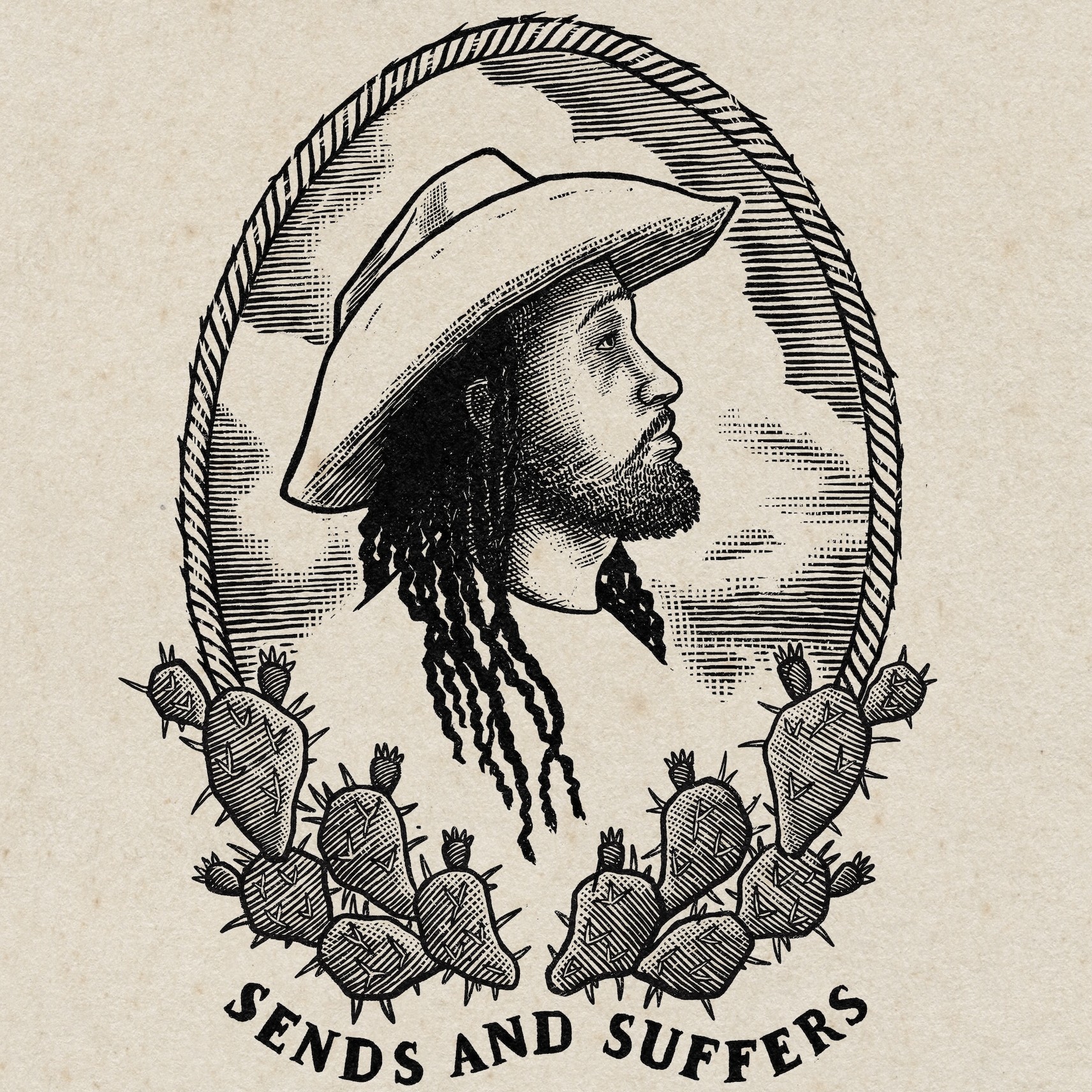 |
Voices of the CountrysideAuthor: Scribehound
Welcome to Beyond the Hedge where we go in search of the places, people, traditions and tales that make rural Britain extraordinary. Join us as we head out along the backroads to meet publicans, writers, hedgelayers, butchers, poets and keepers of everything from pigs to grey partridges to bees. We explore often-complex and sometimes-thorny themes with the help of real experts practitioners with their hands in the soil and academics whove spent their lives thinking about things like the cultural history of fishing. Beyond the Hedge gets to the heart of rural Britain, as it was, is now and will be in the future. Subscribe to Scribehound to support independent countryside writing: https://www.scribehound.com/subscription Language: en Genres: Nature, Science, Sports, Wilderness Contact email: Get it Feed URL: Get it iTunes ID: Get it |
Listen Now...
Charlie Jacoby: Might Hunters and Hawkers be a Protected Group Under the Equality Act? [6 min Listen]
Episode 52
Tuesday, 27 August, 2024
You may have seen the story: the 2010 Equality Act could protect people who hunt. Here’s how it could play. An interview at the Carter Jonas Game Fair Theatre has led to column inches and TV debates. Ed Swales of Hunting Kind, a group dedicated to ‘natural hunting’ with hound, ferret and hawk, obtained legal opinion which says that people who hunt could have “protected characteristics” under the 2010 Equality Act and that they must establish cases of discrimination against them. He announced his findings at the Game Fair. Thanks to the publicity, the UK’s media has enthusiastically taken up the idea of protecting people who hunt or shoot in the same way that the law protects Roma or LGBTQ communities. There was an article in the Daily Telegraph, then the Guardian, then the Daily Mail, and hot on their heels came the TV interviews, on Good Morning Britain and even I got the call-up from GBNews. There are few solid arguments against it, except for the emotional. Ed had one interviewer pointing out that Ed chooses to hunt, that he could choose not to hunt. The answer to that is that we choose to do everything – shop in supermarkets, go on country walks – that's culture. The culture Ed is defending is a different culture to the interviewer's and Ed is trying to protect it.












